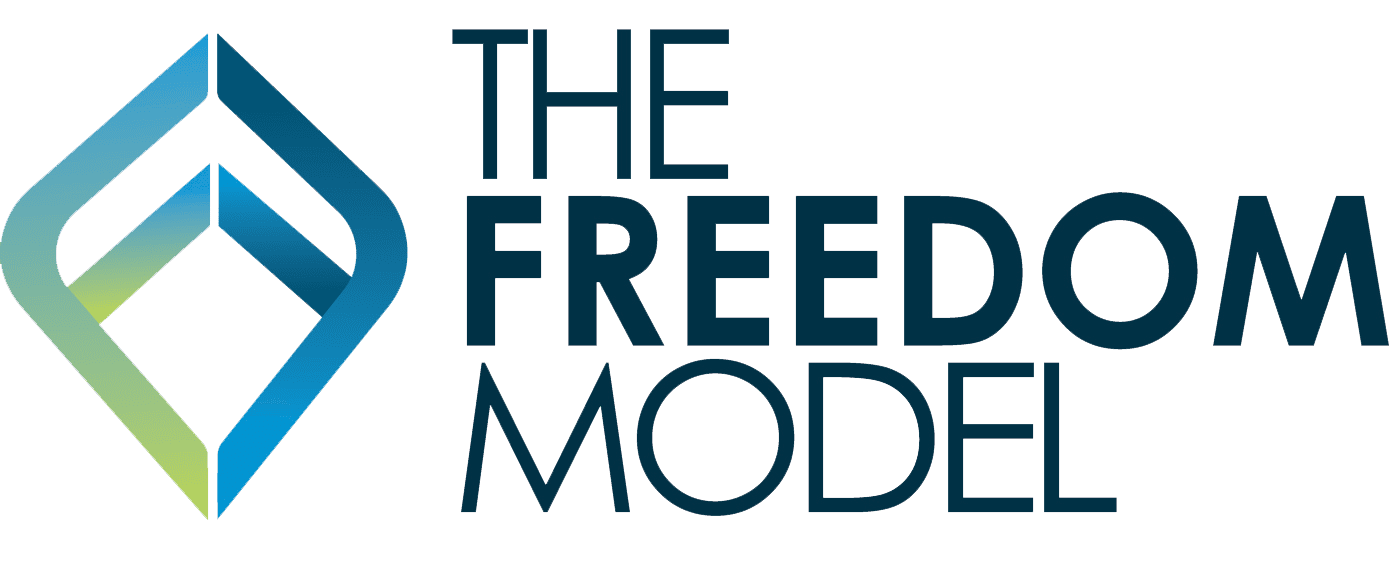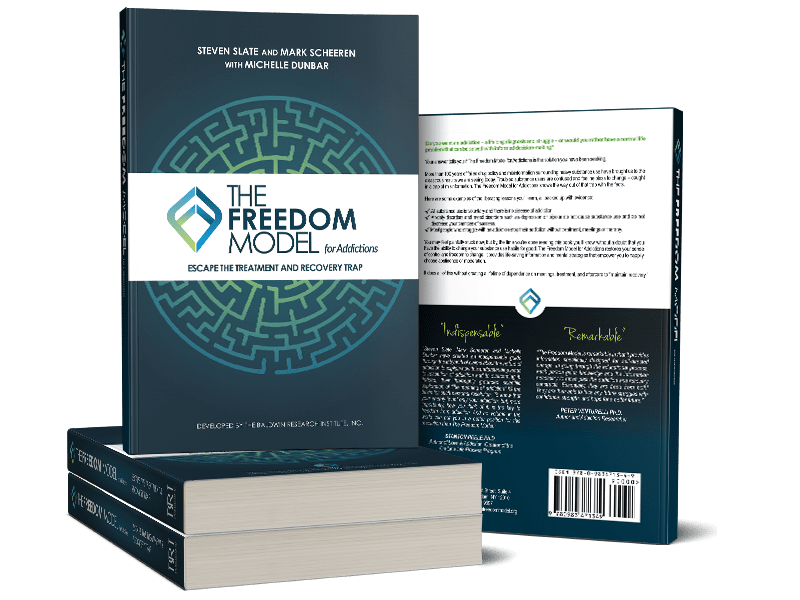You Asked, We Answered
Addiction Questions
Why are drug and alcohol rates currently increasing in the US?
The simple answer is because we promote the idea that drugs and alcohol have power over the human’s free will. This myth drives the entire powerlessness narrative and keeps people immersed in the perpetual addiction – recovery – addiction cycle. This is addressed in the first chapter of The Freedom Model for Addictions:
“We consider this recovery ideology to be faulty, based on much misinformation, and harmful to substance users. The increased rates of addiction and massive increase in opiate- and alcohol-related deaths in our country are the best evidence that this is the case. Throughout the 1980s and 1990s, addiction rates remained stable, and rates of recovery without treatment were climbing. But, at the turn of the century, the recovery society was busy rolling out fancy new neuroimaging data (i.e., brain scans of “addicts”), with the claim that it was proof that heavy substance users truly can’t control themselves. They’ve even gone as far as to claim that addicts have “hijacked brains” and that drugs rob them of free will. The public ate this up because it sounded very scientific. So it finally seemed that almost everyone was convinced that addiction is a disease that permanently handicaps those afflicted.
As the public embraced the recovery society’s new brain disease model of addiction, treatment became a necessity, and the industry began to grow by billions of dollars in business. Rates of addiction, rates of overdose, and rates of alcohol- and drug-related deaths started going up. None of this is a coincidence. Belief in addiction sows the seeds of self-doubt that make people feel helpless and hopeless. True believers are convinced that they don’t have the ability to change and that, as the recovery society prescribes, they’ll need to struggle endlessly while receiving ongoing help to battle against addiction. This entire ideology becomes a vicious trap that ensnares people in either years of unnecessary suffering or, worst case, death. This isn’t speculation; it is fact.
Research in which alcoholics were given a test to gauge how strongly they believed in several common tenets of addiction, such as “loss of control” or genetic predisposition to alcoholism, showed that those who believed most strongly in addiction were more likely to relapse following treatment. In fact, this belief system was one of the top predictors of relapse after controlling for dozens of other factors, including the severity of the drinking problem (Miller, Westerberg, Harris, & Tonigan, 1996). Other research has shown that those exposed to these ideas formally in treatment subsequently had binge drinking rates nine times higher than those who were exposed to a more choice-based view and a binge rate five times higher than those who received no treatment at all (Brandsma, 1980). Heroin users binge after treatment too, as was shown by a study of over 150,000 heroin addicts in England that overdose risk skyrocketed in the weeks immediately following the completion of treatment. (Pierce et al., 2016)”


0 Comments